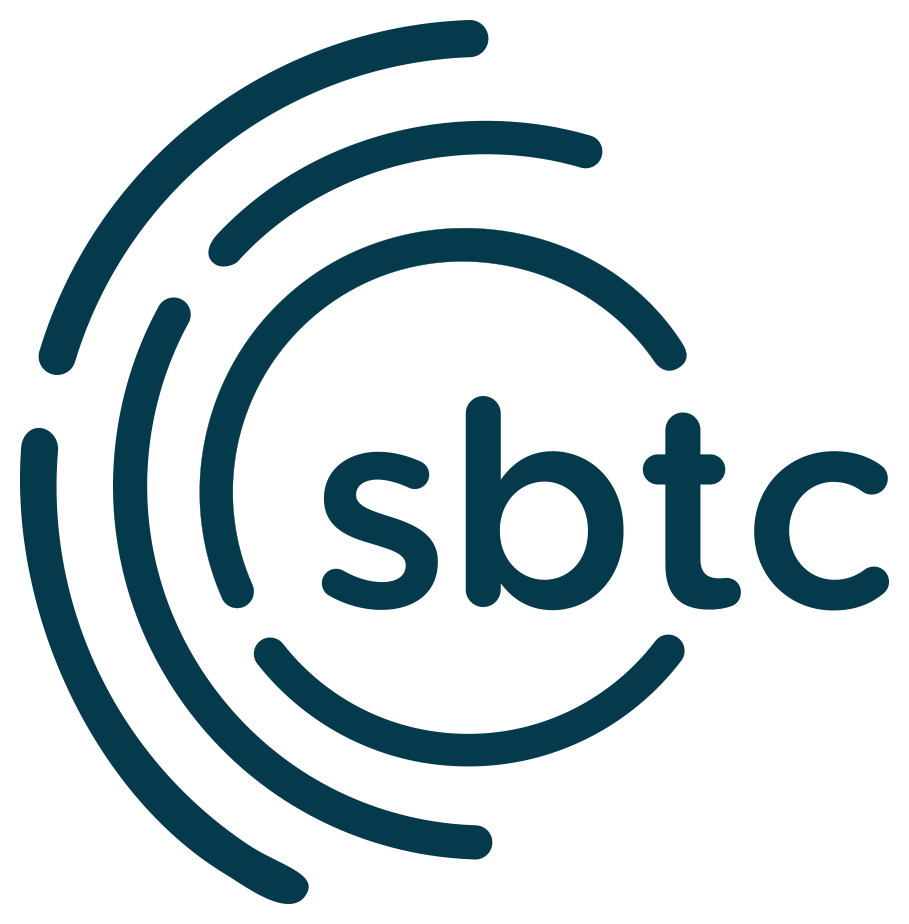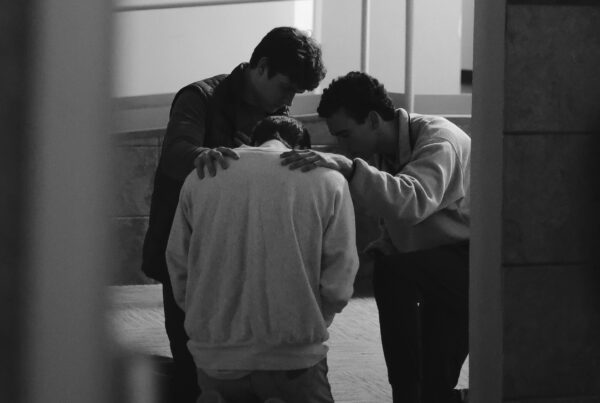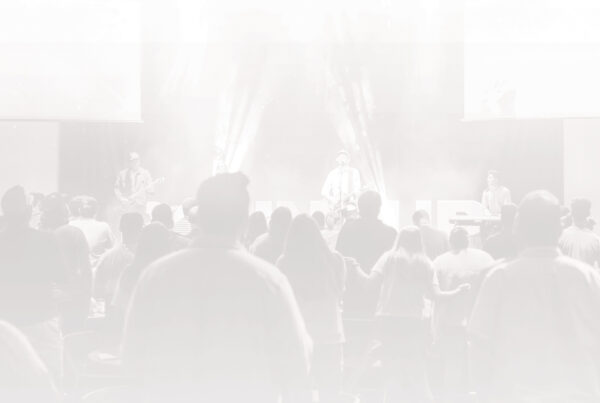I remember as a young minister fresh out of college, eager to multiply and mobilize healthy disciples, sitting in a room talking about the topic of effective discipleship. In this discussion everyone in the room was seeking to answer the question, “what does effective discipleship look like?”. In other words, how can we be most successful and productive in our disciple-making process? What are some key essential principles to guide us in our discipleship?
There was a myriad of responses to the first question, each of which would be helpful for their own article, such as: effective discipleship focuses on people, not programs or pathways. Or, effective discipleship focuses on a person’s real needs instead of their felt needs. But the one that has helped guide and shape me personally was this simple statement:
Effective Discipleship is proactive not reactive.
Since we as college ministers only have 2-4 years with a student, we must seek to be as effective as possible in this short time. And for that to be possible, the discipler must always be thinking proactively when it comes to their disciples personally, and also the discipleship culture and vision of the ministry generally to be most effective.
I believe that my natural tendency in all facets of my life, but particularly in my discipleship of others, is to be reactive, responding to problems and concerns as they pop up rather than being proactive, addressing the needs of my disciples well in advance.
How would you diagnose your discipleship? Would you say that it is reactive or proactive? Below will be some helpful qualities or characteristics of a proactive discipleship.
Qualities of a Proactive Discipleship:
First, proactive discipleship is always aware of the end goals of their discipleship. To put it another way, effective discipleship has clear direction. They can answer the question, “where am I taking them?”. Proactive discipleship will be aware of what he/she wants their disciple to be when they leave their ministry, and that vision drives their day-to-day discipleship. Proactive discipleship is always forward looking. Reactive discipleship doesn’t know what the end goal of discipleship is. They won’t know what they want their student to look like when they graduate. They won’t know what tools they want them to be equipped with or what they’d want them to know in regard to their walk with Jesus.
Secondly, proactive discipleship is always aware of their disciple’s current stage in their development. This means that to be most effective, you must know your disciples and be with them often. This eliminates a discipleship that merely grabs coffee and reads the Bible every other week for an hour. Proactive discipleship is always, after a conversation with their disciple, aware of where that person is. Reactive discipleship is unaware of their disciple’s current stage. They’re merely hoping to get it right, or they merely plug a disciple into a curriculum or pathway that isn’t personalized.
Thirdly, proactive discipleship is always aware of their disciple’s needs, even before they are. They know what that specific disciple needs in their maturation and equipping if they are to be a healthy disciple long-term. An effective discipler can assess exactly where a disciple is at and therefore know exactly what they need next. They don’t have to wait for a disciple to come to them to already be thinking about how to move that student forward. Reactive discipleship is being led by the wants and felt needs of the disciple, not by their disciple’s real needs. Or they most likely will be giving their students something they don’t actually need, missing them completely.
These are just a few qualities that can help you assess where your discipleship stands. Maybe you’re recognizing that you tend to treat your discipleship in a reactionary manner and need to flip that. Maybe you can seek advice and help in this area by having other leaders with more experience to assess the state of your discipleship. Maybe you need to take the time to assess the end goal or the final product of a student who walks through your discipleship pathway. Maybe you need to spend some more time getting to know your disciples so that you can address their actual needs rather than giving them something they don’t actually need.
Regardless, the principle is still true: effective discipleship is proactive not reactive.







